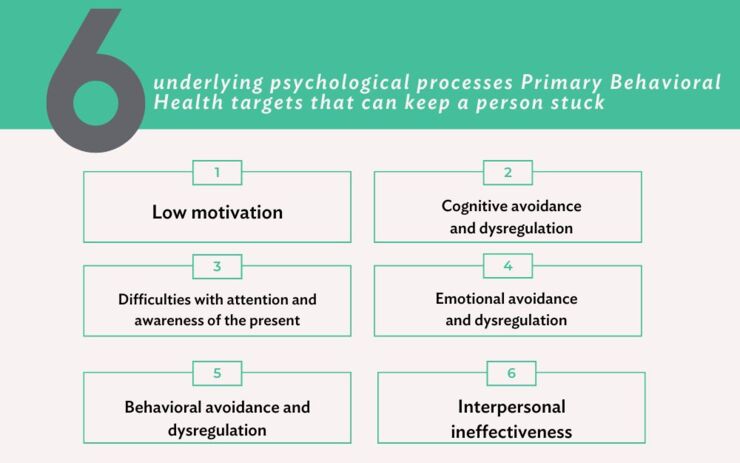Miller Helps Draft Policy on Marijuana and More on a National Stage
Posted on 12/01/15 02:09:pmMichael M. Miller, MD, medical director of the Herrington Recovery Center at Rogers Memorial Hospital and attending physician for the adult dual diagnosis partial hospitalization program at Rogers’ new Silver Lake Outpatient Center in Oconomowoc, has served a leadership role in the research and writing process of the American Society of Addiction Medicine(link is external)’s (ASAM) newpolicy (link is external)statement on marijuana, cannabinoids and legalization. The statement was written to inform Congress, the media, the general public and especially physicians and other healthcare professionals about cannabis and cannabis products and the health impact of expanded access to these substances.
Taking several months to draft, the policy statement addresses the most recent research from medical science on the potential positive and negative health effects of marijuana use, the climate of the current national debate over legalization, the differences between policy initiatives of decriminalization and full legalization, and possible future public health and safety measures.
As more states begin legalizing marijuana use for medicinal or recreational purposes, some public leaders believe there are no reasonable arguments to limit the public’s access to marijuana and they look to legal, commercial sale as a means of generating tax revenues. The writing committee that Dr. Miller led and the Board of Directors of ASAM sought to inform decision-makers that there are potential harms that they and the society believe require further research and cannot be ignored.
“This new policy this can help educate young people, parents and others that America’s relationship with marijuana are more benign than is justified by the medical facts,” he says.
Dr. Miller strove to assure balance in the document to provide an accurate account of the medical and psychiatric actions of cannabinoids including THC, cannabidiol and synthetic cannabinoids, as well as the potential health consequences of expanded access, especially for youth.
“This policy might be useful as a patient education document in any clinical setting where persons with addiction or psychiatric conditions are receiving treatment.” Besides the possibility of developing an addiction, several long-term health effects of marijuana use have been documented, including adverse psychiatric effects, such as impairment of motivation and learning. “Identifying at-risk groups is an important prevention strategy. Children and adolescents are particularly vulnerable to health risks and they should not use these products,” says Dr. Miller.
With an extensive history of providing addiction treatment, Dr. Miller was able to add another experienced medical opinion to the committee. Other members of the writing team were Norman Wetterau, MD, the president of the New York Society of Addiction Medicine(link is external), and Jeff Wilkins, MD, the past president of the California Society of Addiction Medicine(link is external). “It was an honor to be asked to take the lead in drafting a document that we expect will be referenced quite often. I have known each of my colleagues in the writing team for a number of years, but this was one of our closest and most important collaborations,” he says.
Rogers provides comprehensive, evidence-based treatment for individuals suffering from cannabis use disorder as well as a wide range of psychiatric conditions and other aspects of substance abuse or drug addiction.
Topics
Share this article:



